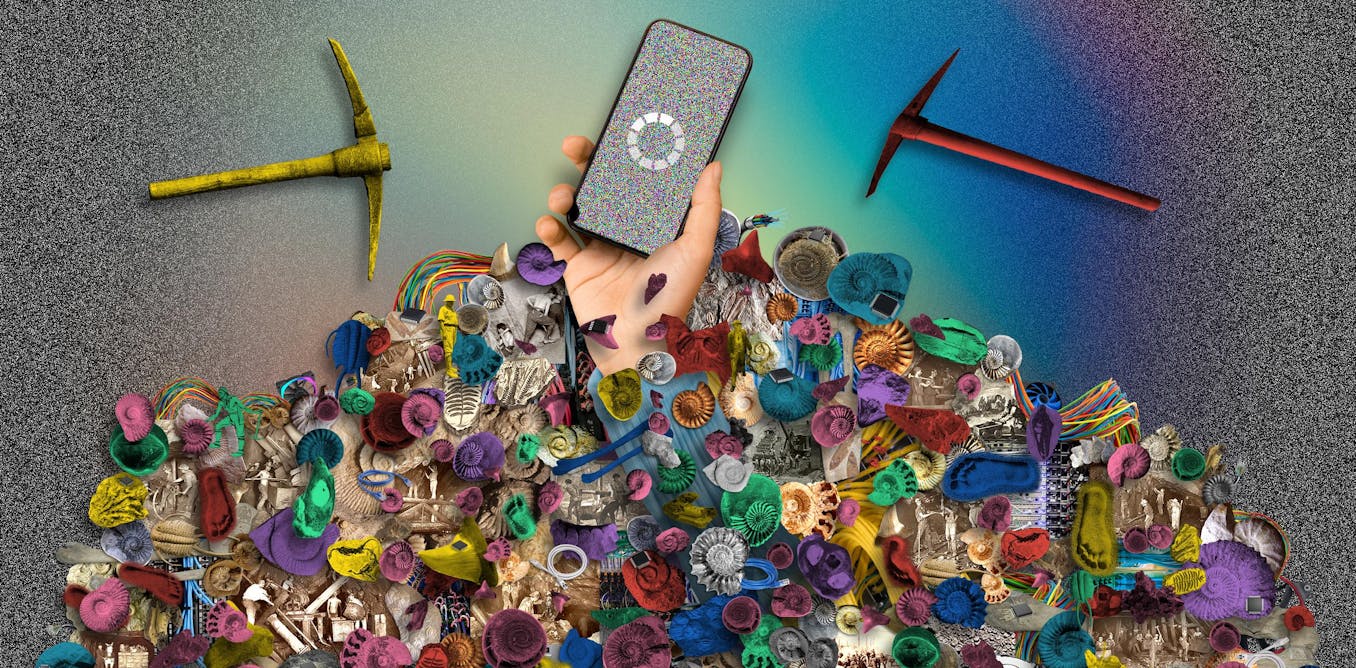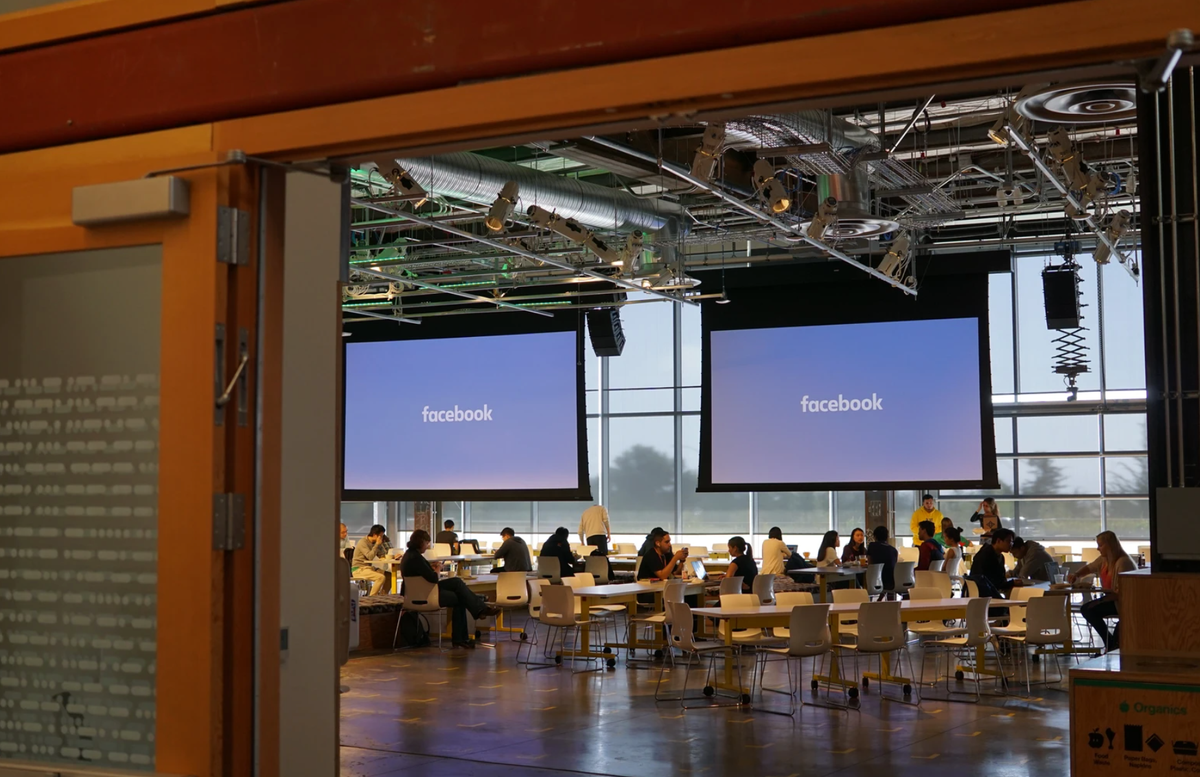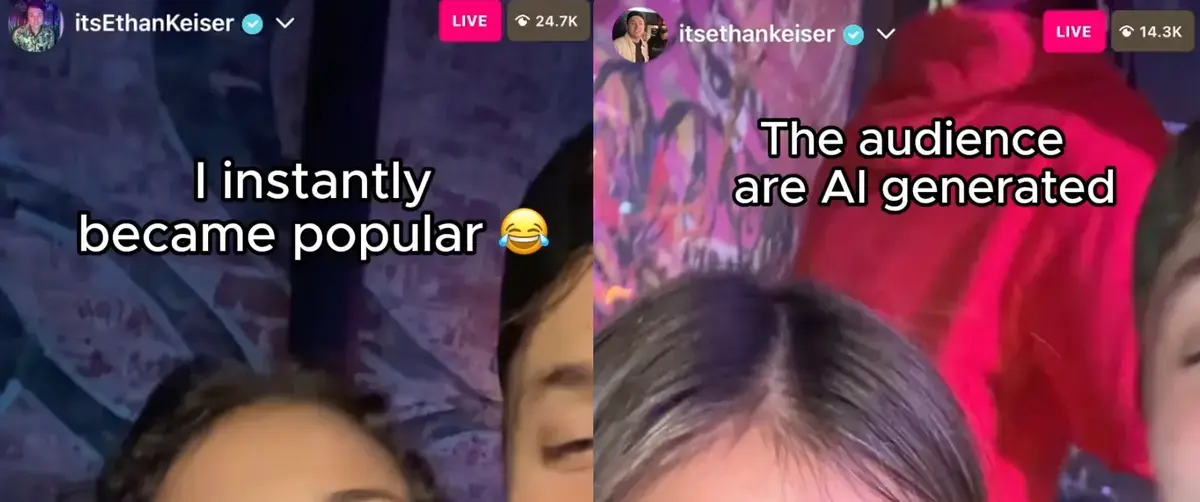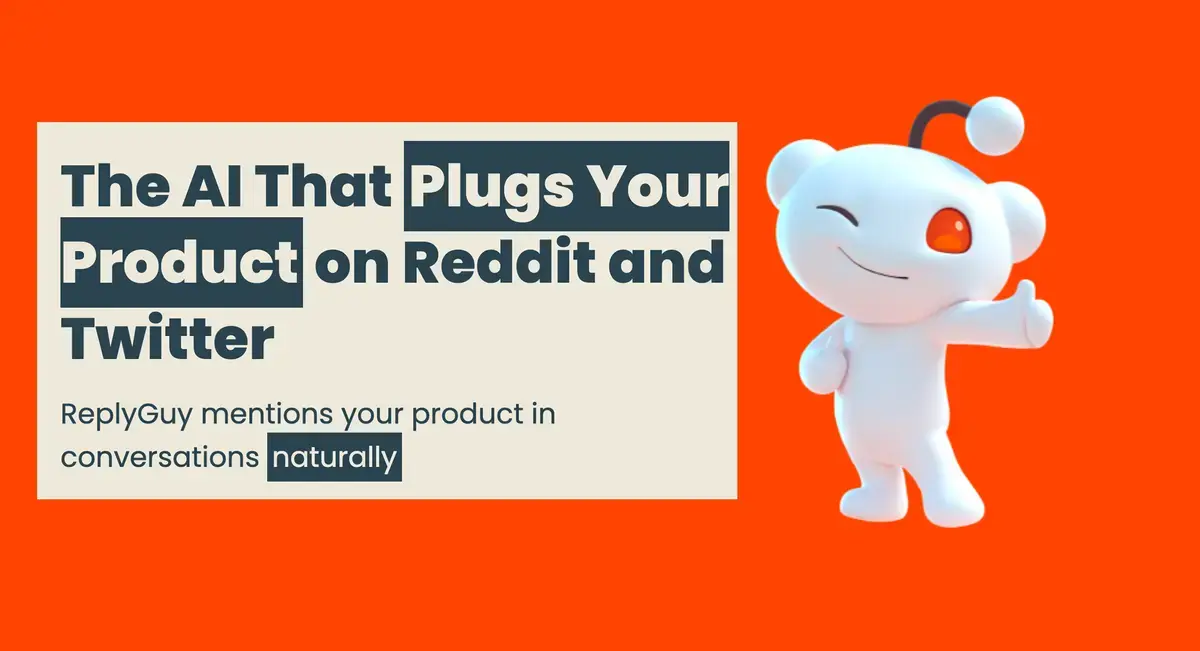

You can read this reference to closed source in the most charitable way as alluding to the whole motley of things that render it less accessible.
Not when they use the conjunction “so”. If they’d used “and”, then sure - there could be any number of reasons. Using “so” as a conjunction like that in the sentence gives it an equivalent definition of “therefore”, so it’s like saying “Vivaldi is closed source, therefore it’s harder for users to investigate”, which is clearly an inaccurate statement.
In any case, OP has attempted to shift the goalposts many times in some kind of weird gotcha attempt instead of just admitting they were wrong or worded their argument poorly. If people want charitable interpretations of their misleading or inaccurate statements then they should behave in a manner that deserves them. Going full redditor ain’t it.













No worries, it’s not surprising you thought that because there are quite a lot of people out there like OP who spread complete misinformation about browsers they dislike/don’t use.